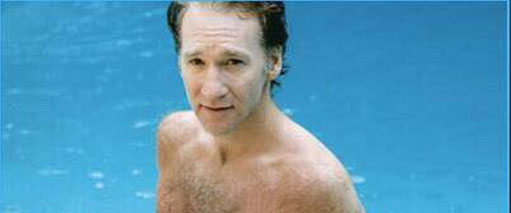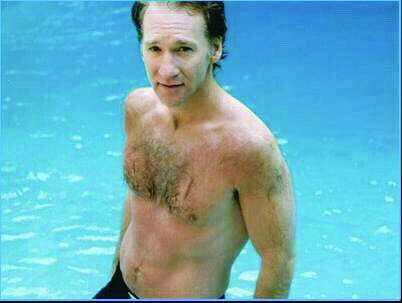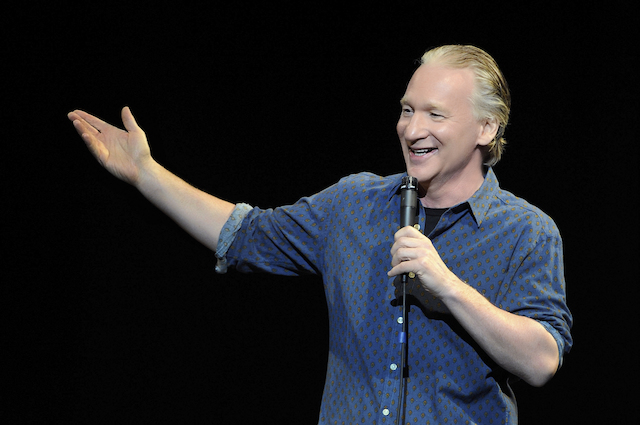Bill Maher
Saturday, May 2, 8pm Kiva Auditorium 401 Second Street NW 768-4575, albuquerquecc.com/kivaTickets: $47 to $73.50 All-agesOffended By The Offended: Bill Maher Confronts Politics, Religion And The Far Left
Bill Maher Confronts Politics, Religion And The Far Left


Maher navigates the political cesspool with panache.
photo courtesy of billmaher.com

The first time he went on stage, Maher was “hooked like an addict,” he says.
David Becker








